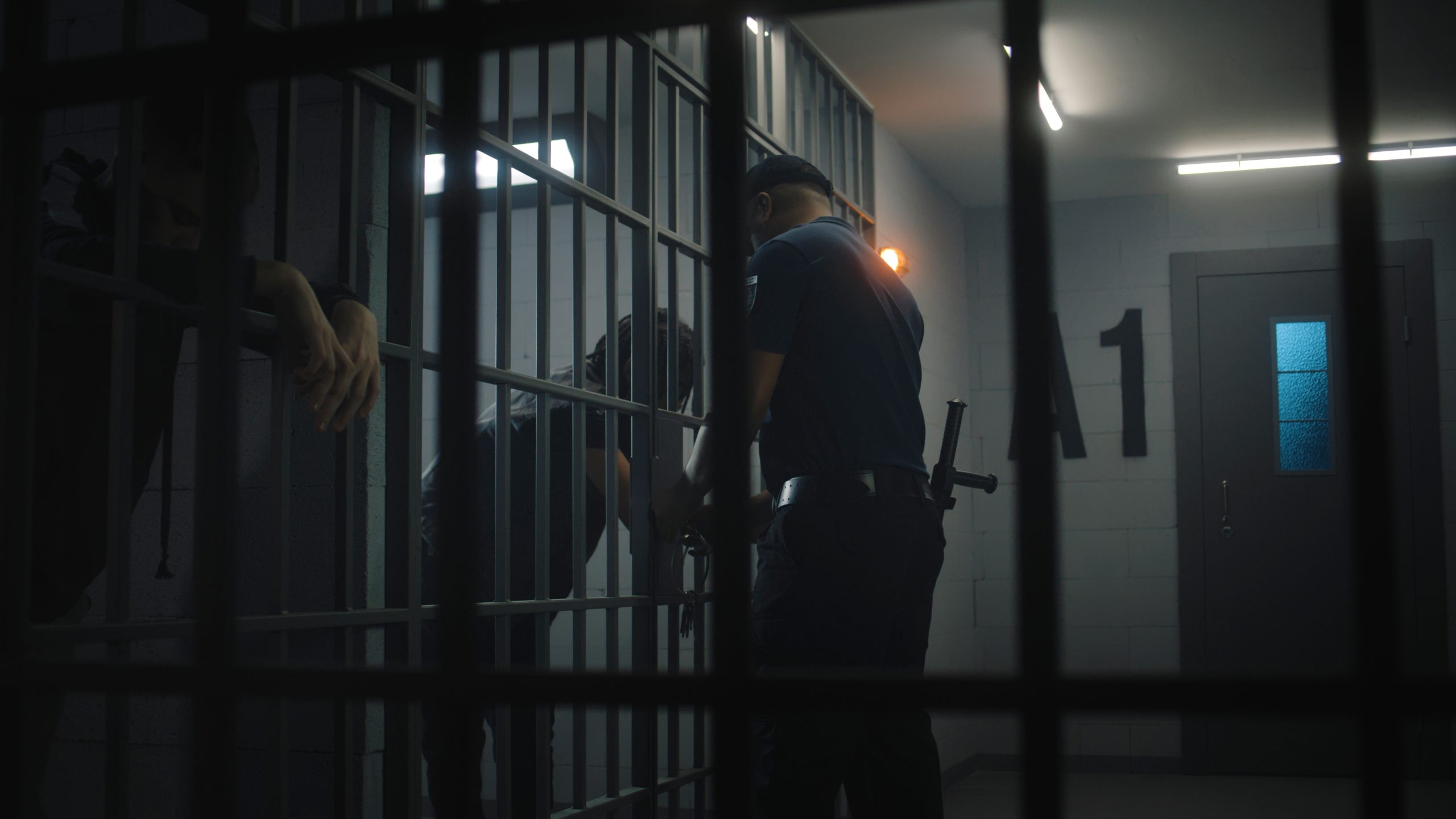
The tragic death of 62-year-old Lorenza Lamont Trapp at the Al Cannon Detention Center in Charleston County has brought to light significant concerns about the treatment of inmates with mental health conditions. Trapp, who suffered from schizoaffective disorder and severe dehydration, was found unresponsive in his cell on July 3, 2024. Despite being in a vulnerable state, he was not monitored for hours, leading to his untimely death. This incident underscores the urgent need for systemic reforms in jail healthcare systems.
The Circumstances Leading to Trapp’s Death
According to investigative reports, Trapp had not been checked on for several hours before his death. A deputy discovered him unresponsive around 6:20 p.m., with his lunch plate untouched and no signs of movement. The last documented inmate check was at 6:55 a.m. that morning. An autopsy revealed that Trapp died from severe dehydration, compounded by his mental health condition. The South Carolina Law Enforcement Division (SLED) has closed the investigation, citing medical issues as the cause of death. However, the lack of timely medical intervention raises serious questions about the adequacy of care provided to inmates with special needs.
Evans Moore, LLC: Advocating for Justice
Evans Moore, LLC, a law firm based in Georgetown, South Carolina, is committed to holding accountable those responsible for neglecting the health and safety of inmates. The firm has a history of representing families in wrongful death cases arising from jail negligence. In a similar case, the firm represented the family of D’Angelo Brown, who died in the same detention center due to gross medical neglect. The coroner ruled Brown’s death a homicide, highlighting systemic failures in jail healthcare.
The Need for Systemic Reform
The deaths of individuals like Trapp and Brown point to a broader issue within the Charleston County jail system. Sheriff Kristin Graziano has acknowledged that the facility has become the de facto caretaker for individuals with mental health conditions and homelessness, often arresting them for minor offenses due to their inability to access appropriate care. This approach not only fails to address the root causes of these individuals’ challenges but also places them at risk of harm within the jail system.
Conclusion
The death of Lorenzo Trapp is a stark reminder of the vulnerabilities faced by individuals with mental health conditions in the criminal justice system. It is imperative that jails implement comprehensive healthcare protocols, including regular monitoring and specialized care for inmates with special needs. Evans Moore, LLC remains steadfast in its mission to seek justice for those who have suffered due to institutional neglect. If you or a loved one has experienced similar circumstances, the firm offers free consultations to discuss potential legal avenues for accountability.
How Evans Moore, LLC Supports Families After In-Custody Deaths and Jail Negligence
When a loved one dies or is seriously injured while in custody, the emotional toll is overwhelming — and the legal process can feel impossible to face alone. At Evans Moore, LLC, we guide families through these difficult cases with compassion, determination, and deep experience in jail death litigation.
We work with medical experts, review jail protocols, and investigate thoroughly to uncover the truth. Whether your loved one was held in a local detention center, a state facility, or under federal supervision, we are prepared to fight for accountability and justice.
If you’ve lost someone due to in-custody neglect or abuse, contact Evans Moore, LLC at (843) 995-5000 or through our online form for a free consultation. Let us listen to your story and help you take the next step forward.